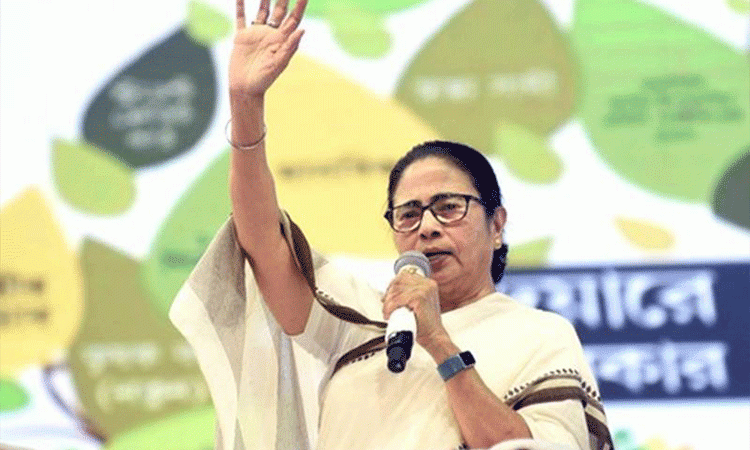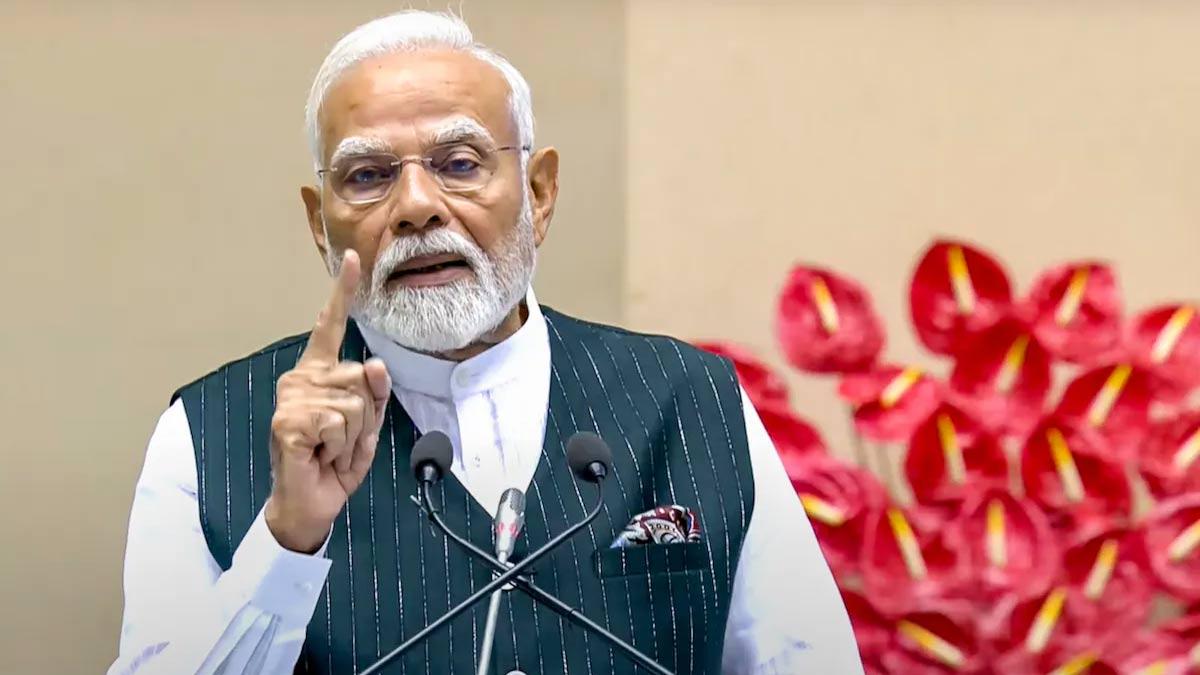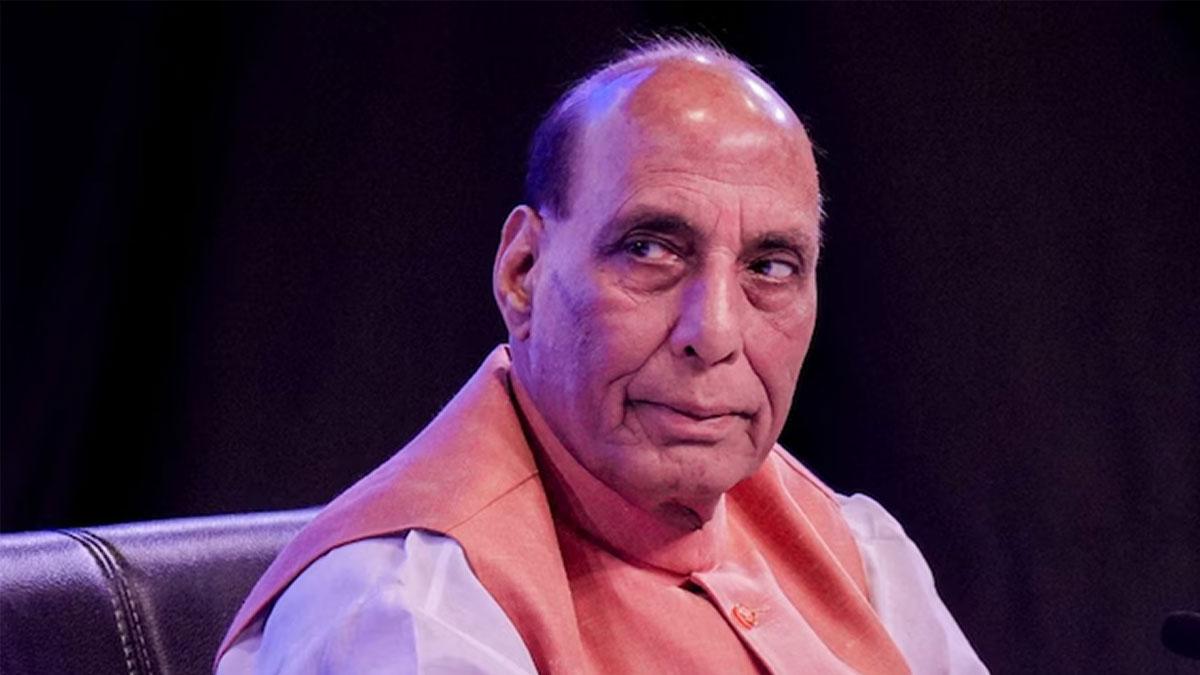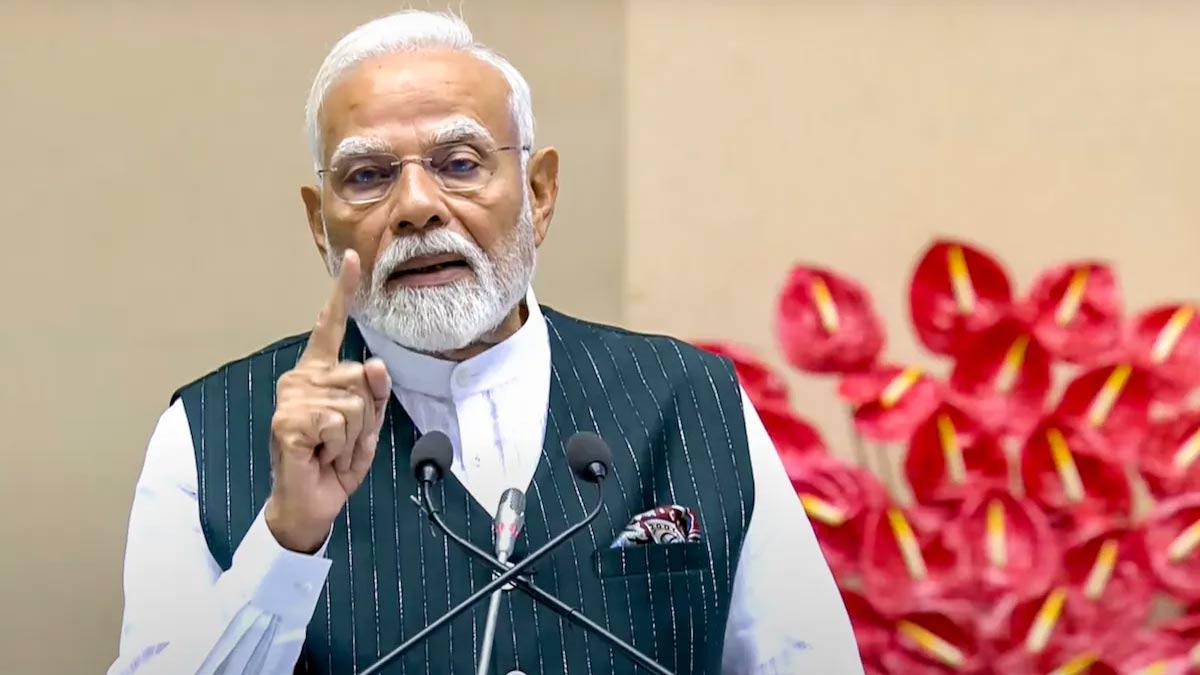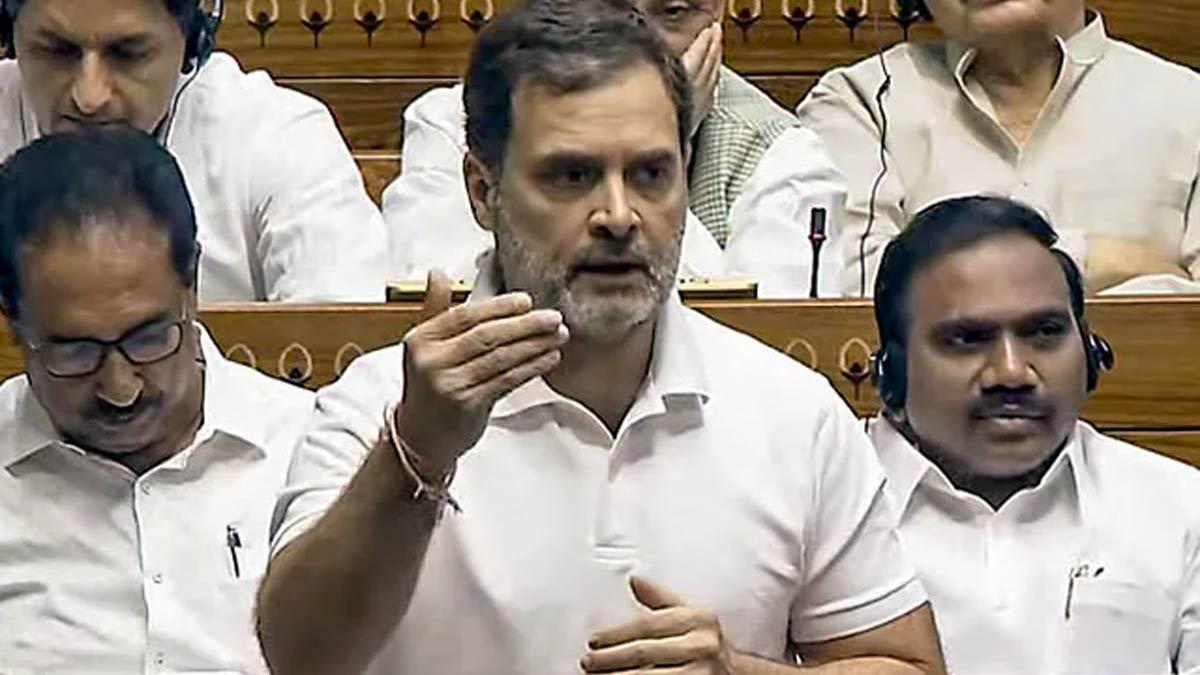If resistance from the opposition parties during the nomination phase in the previous week was the initial indication, a sharp decline in the number of uncontested wins by the ruling Trinamool Congress is yet another signal that the three-tier panchayat polls in West Bengal next month will be a tightrope walk for the TMC.
At the end of the scrutiny period in the week just passed it has emerged that only 9.48 per cent of the total seats in the three- tiers of the panchayat system witnessed uncontested wins for the Trinamool Congress, which is drastically lower than the figure of 34.20 per cent in 2018.
In the case of gram panchayats, which is the lowest tier of the three-tier panchayat system, the number of seats won uncontested by the Trinamool Congress is just 6,238, which is substantially lower than the 16,814 in 2018. The figure of uncontested victories for the TMC is also much lower this time in panchayat samitis, which is the second tier. The figure this year is just 959, which is substantially lower than 3,059 in 2018. In the case of Zilla Parishads, the highest tier, the difference in the number of uncontested wins for the Trinamool Congress this time compared to 2018 is the most striking. The number of wins for the ruling party this time is just 8 as compared to 203 in 2018. Political observers feel that the figure is an indication that the ruling party has lost much of its absolute on-ground control that it enjoyed during the 2018 polls. Observers feel that there are multiple factors that played a role in this. According to political analyst Sabyasachi Bandopadhyay, this time the ruling party faced an unprecedented on-ground and stubborn resistance and retaliation from the opposition forces during the nomination phase which was totally absent in 2018 and 2013. “In 2018 the on-ground organizational networks of all the opposition forces, be it the BJP or the CPI(M) or the Congress were extremely scattered and out of place. But things have changed to a great extent now. On the one hand the BJP, which is in power at the Centre, has emerged as the principal opposition force in the state. The CPI(M), on its part, has been able to reorganize its grassroots level network to a great extent. "Even the Congress is able to resist the might of the ruling party in pockets like Murshidabad and Malda. Most importantly, the two-year-old All India Secular Front (AISF) had been able to give tough resistance to the ruling party in minority-dominated pockets like South 24 Parganas district. All these factors have resulted in an increased number of nominations by the opposition forces this time thus resulting in a sharp decline in the number of uncontested seats in favour of the ruling party,” said Bandopadhyay. Another factor according to him is that never before has the factional infighting in the ruling Trinamool Congress over the candidate selection in the panchayat polls taken such a murky turn as this time. “Already a number of Trinamool Congress MLAs have revolted against the party leadership on the issue of candidate selection. In certain pockets like Canning and Basanti in South 24 Parganas district, the nomination phase was marred by clashes between two factions of Trinamool Congress rather than a tussle between the ruling and opposition forces,” he said. Another factor that played an important role on this count was the constant monitoring, observation and orders from the Calcutta High Court since the very first day of the nominations that started on June 9. According to Calcutta High Court counsel Kaushik Gupta before every rural civic body poll, there had always been an array of petitions filed at the Calcutta High Court on various issues related to the polls. “But never before have the court proceedings in such matters hogged the limelight so much as they have this time. Different benches of the Calcutta High Court have taken up matters promptly, delivered fast orders directing time-bound application of the court directions supplemented by appropriate observations. The court’s justified role on this count had obviously acted as an indirect pressure for both the state government as well as the state election commission to follow the laid down procedures while conducting the elections,” Gupta said.
Also Read | PM Modi to visit Bhopal on June 27, sound BJP's MP poll bug
Also Read | BJP chips away at Bihar alliance, but LS poll won't be a cakewalk for it

